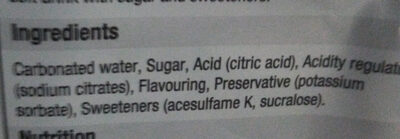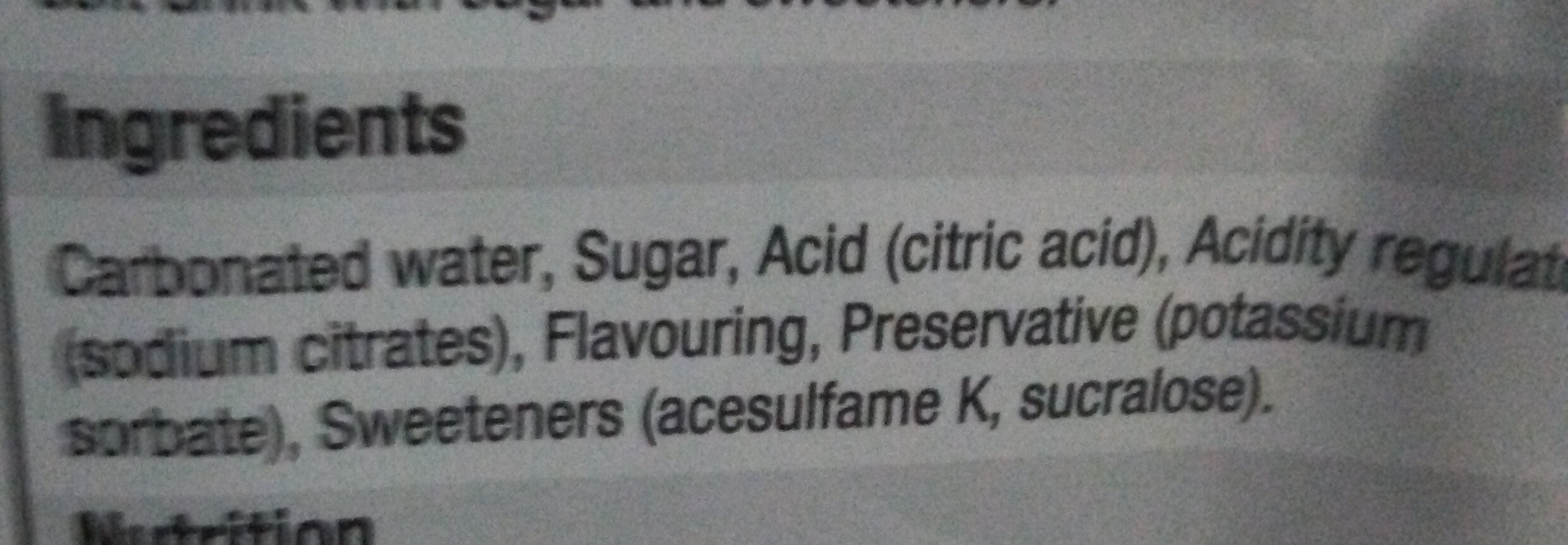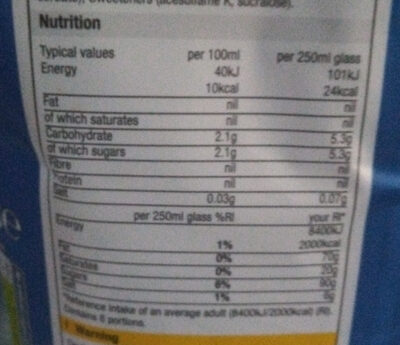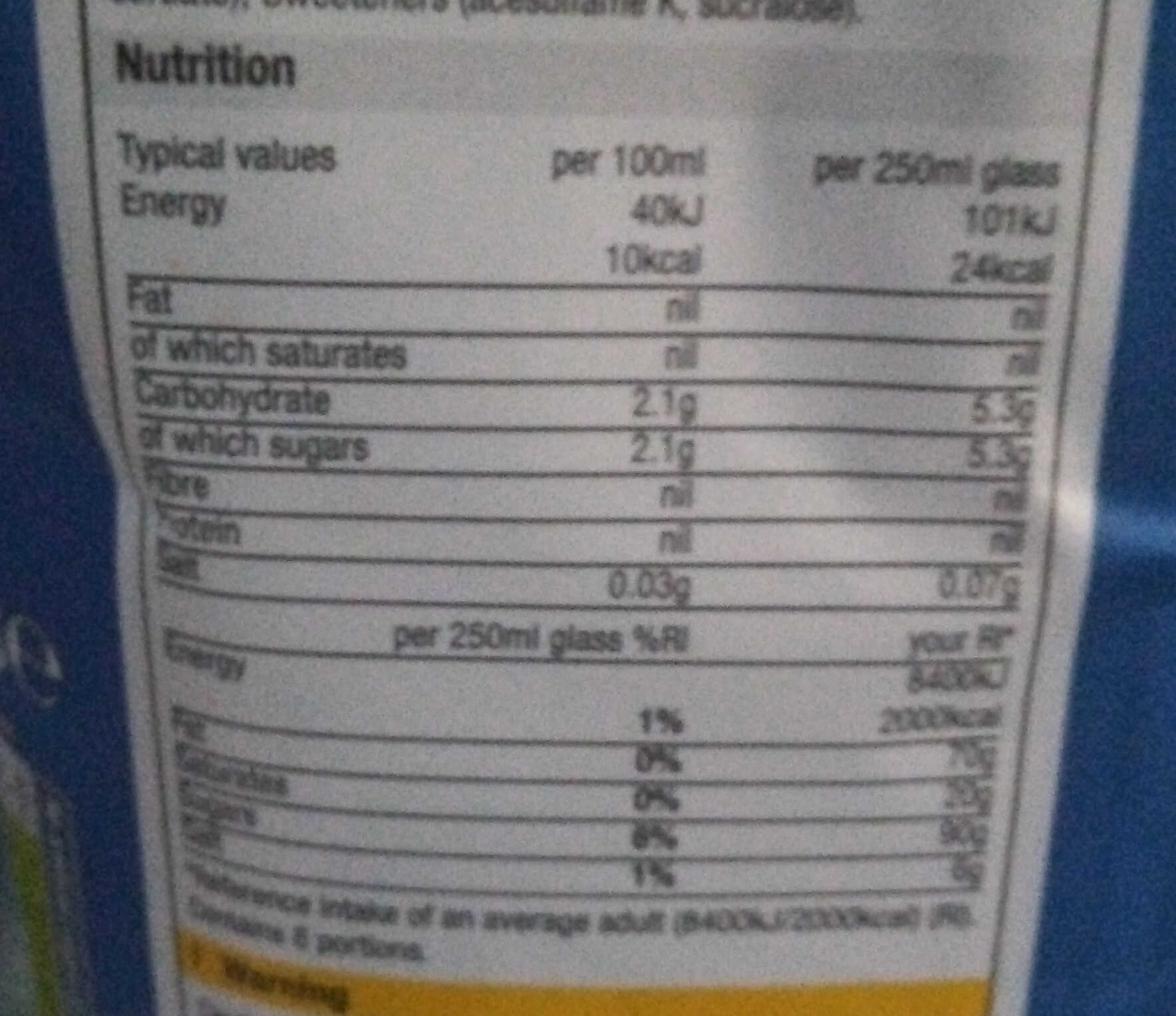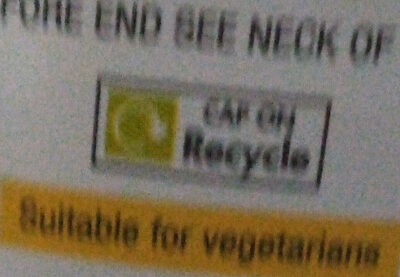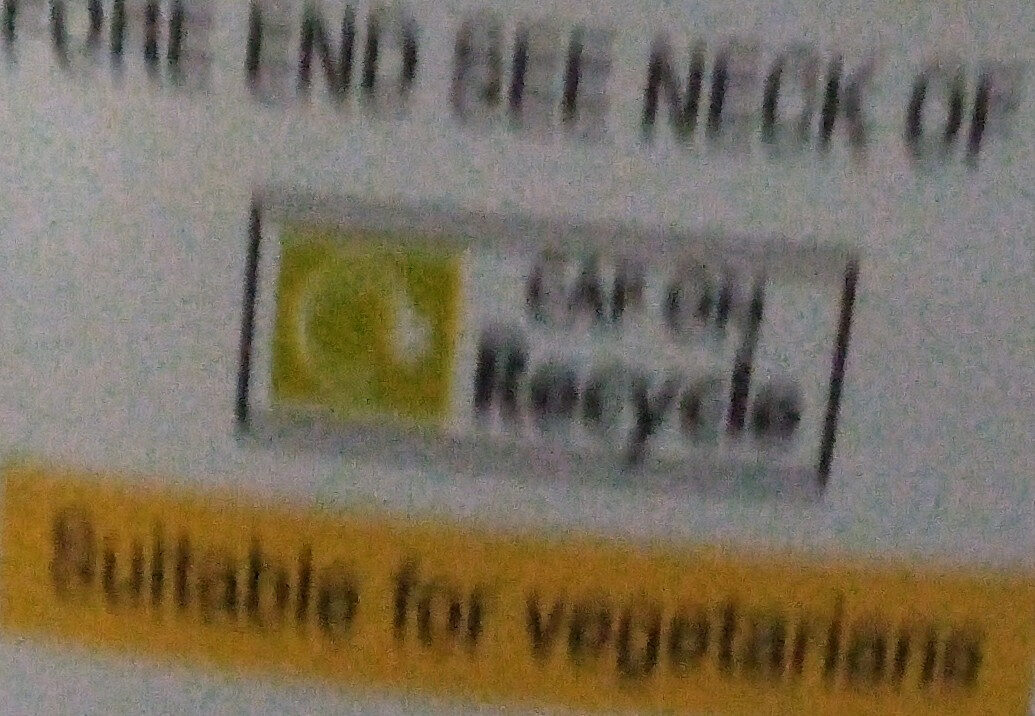Lemonade - Morrissons - 2 l
Ambiguous barcode: This product has a Restricted Circulation Number barcode for products within a company. This means that different producers and stores can use the same barcode for different products.
×
This product page is not complete. You can help to complete it by editing it and adding more data from the photos we have, or by taking more photos using the app for Android or iPhone/iPad. Thank you!
×
Barcode: 02025122
Quantity: 2 l
Packaging: Plastic
Brands: Morrissons
Categories: Beverages, Carbonated drinks, Sodas, Lemonade
Labels, certifications, awards: Vegetarian, Vegan, No palm oil
Stores: Morrisons
Countries where sold: United Kingdom
Matching with your preferences
Report a problem
Data sources
Product added on by harleyj
Last edit of product page on by harleyj.
Product page also edited by openfoodfacts-contributors.
If the data is incomplete or incorrect, you can complete or correct it by editing this page.


